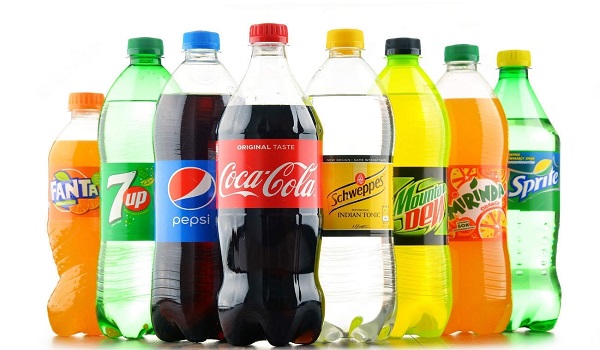Synopsis:
A recent report by ICRIER reveals that the carbonated soft drinks (CSD) sector in India is struggling to realize its growth potential due to high taxation under the Goods and Services Tax (GST) regime. Despite government initiatives such as ‘Make in India’ and ‘Aatmanirbhar Bharat’, the sector faces a total tax burden of 40%, among the highest in the world, which hampers innovation and investment. The market remains underdeveloped in comparison to other developing nations.
India’s carbonated soft drinks (CSD) segment is falling short of its potential for growth, with high taxes under the GST system being a major obstacle, according to a new report by the Indian Council for Research on International Economic Relations (ICRIER). Despite government efforts to boost manufacturing and self-reliance through initiatives like ‘Make in India’ and ‘Aatmanirbhar Bharat’, the 40% total tax rate on carbonated soft drinks continues to stifle expansion and innovation in the sector.
India’s taxation of sugar-sweetened beverages (SSBs) is one of the highest globally, with over 90% of countries that tax these products imposing a lower rate, according to cross-country data compiled by the World Bank. The ICRIER report, titled ‘Carbonated Beverages Industry in India: Tax Policy to Promote Growth, Innovation, and Investment’, highlights that the sector’s growth is hindered by high taxes, which discourage companies from innovating and investing in product development.
While global trends show a shift towards low-sugar and zero-sugar beverages due to increased health awareness, Indian producers are facing significant challenges in scaling up similar products. “The market is moving away from traditional high-sugar beverages to low-sugar, fruit-based, and zero-sugar options, but the high tax bracket makes it difficult for companies to innovate and expand,” the report stated.
Currently, all carbonated beverages in India, regardless of sugar or fruit content, fall under the highest GST slab of 28% with an additional 12% compensation cess, leading to a total tax rate of 40%. This heavy tax burden is making it challenging for companies to introduce new, healthier options and reformulate their products to align with consumer preferences for lower sugar content.
Despite being one of the world’s largest producers of fruits like mango, banana, and guava—key ingredients that could be used more extensively in CSDs—the report notes that India lags behind other developing countries in CSD production and innovation. Countries like Thailand and the Philippines offer a wider variety of carbonated drinks and have more robust processing capabilities.
India’s CSD market generated USD 18.25 billion in revenue in 2022, growing at a compound annual growth rate (CAGR) of 19.8% between 2017 and 2022. However, this growth is significantly slower compared to other developing markets, as high taxes deter both startups and established firms from investing in product diversification.
The report also emphasized that the CSD sector holds vast potential to generate jobs and attract investment, particularly in Tier 2 and Tier 3 cities, but this remains largely untapped due to the heavy taxation. “The high tax treatment of this sector, initially through state excise and now through GST, has resulted in fewer product varieties and less investment in innovation,” the report concluded.
The ICRIER report calls for a revision of the tax policy to enable the CSD sector to thrive. This could not only increase revenue but also contribute to the creation of jobs and the growth of India’s overall beverage industry.


